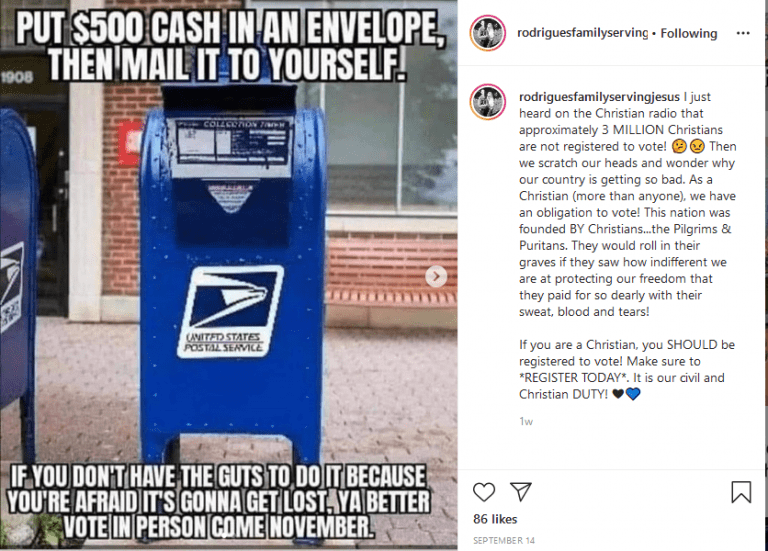 by Samantha Field cross posted from her blog Samantha P Field.Com
by Samantha Field cross posted from her blog Samantha P Field.Com
For most of my life I didn’t consider myself a “gamer,” mostly because I had an incredibly narrow understanding of what a gamer could be. I was usually more interested in books and film than I was in video games, so I didn’t think I was “allowed” to describe myself as a gamer. Over time I changed my mind.
That happened in graduate school, and the first time I self-identified as a gamer a bunch of boys tried to laugh me out of the room. Mockery, derision, dismissal … I was an English major, a book nerd– and they were being extremely honest when they said that I was “too pretty.”
For weeks I tried to establish my cred– that I’d grown up with the TurboGrafx-16, the Super Nintendo, Sega Genesis, N64, Gamecube, Playstation 2, and Wii. That I’d played Doom and Warcraft. I can still cycle through all the different responses you’d get by clicking on an orc grunt and the StarCraft Terran medic (“where does it hurt?” still makes me giggle). I still cry when I think about Kerrigan (and I played through that mission so many times before I figured out that it was rigged). My family hosted Unreal: Tournament LAN parties. I can hum the theme songs from Sonic the Hedgehog. Diddy Kong Racing and Star Wars Episode I: Racer are still my all-time favorite games, and I downloaded an N64 simulator just to play them. That guy who proposed to his girlfriend at a Con by cosplaying Link and Zelda and then saying “It’s dangerous to go alone, take this” while offering her a ring makes me sob like a baby.
In high school I played EverQuest, Anarchy Online, Star Wars Galaxies— I even played Lord of the Rings Online from beta and all the way through grad school. I love all of the Fable and Assasin’s Creed games and I’ve played through Portal a half-dozen times. Currently, I’m saving up money to get Bioshock Infinite.
It was extremely frustrating to have all of that dismissed like it didn’t matter. I was a girl, and that’s all they could see, so they did everything they could to ignore me. Had I played every single Halo? No, only 3? Not a real gamer. Had I ever played Call of Duty? No? Not a real gamer. It was endless. I eventually realized I didn’t have to prove myself to them and I walked away, but it still irks me at times that those dumbasses were so smug and arrogant and they still think that I couldn’t possibly be a gamer because I was a girl.
So, yeah: video games and sexism? In every single encounter I’ve had with “gamers,” they go hand-in-hand.
Which is why I’ve been paying some attention to #GamerGate. Anita Sarkeesian is one of my all-time favorite people and YouTubers, so she’s how I found out about it, and I’ve been keeping up with it since about early September. If you’re not familiar with it, this post is a good synopsis. I also really loved this video, which covers the base assumptions of #GamerGate.
There’s already posts and articles and forum threads and twitter conversations aplenty covering what’s wrong with this “movement for journalist integrity” (coughbullshitcough), but there’s one argument I’ve seen pop up quite a bit, and I want to address it: video games cannot make players be misogynists.
This is not an argument unique to #GamerGate– I’ve already heard it a number times, usually in response to the Feminist Frequency Tropes Vs. Women in Video Games series. The argument usually follows this pattern:
- Research shows that violent video games don’t increase aggression among players (which some research does support; but then, some research says no, it can make people more aggressive and hostile).
- Ergo, video games can’t make people be sexist, either.
I’m not a psychologist or a sociologist, but in a way that argument makes a certain sort of sense to me. I don’t think that video games can make a non-violent person go on a shooting spree at their high school. I’ve grown up around incredibly violent and graphic games, and I’ve enjoyed camping with a sniper rifle while picking other players off, delighting in “FIRST BLOOD” and “HEADSHOT” being shouted out of my speakers during an Unreal: Tournament deathmatch– but I have never once wanted to pick up a gun and shoot anyone, or even become a sniper. I’m not a violent person, and playing violent video games didn’t change that. That is also true for most of the people I know.
However, saying that video games can’t make people violent so they can’t make people sexist, either is a false equivalency for the simple reason that everyone is already sexist.
Video games that uncritically (key term) show sexism, misogyny, violence against women, rape, sexual assault, sexist slurs, domestic violence, casual sexism, sexist tropes/costumes all contribute to our cultural assumptions about gender and women. There isn’t a culture of “regular” people walking around cities robbing, looting, defacing, and killing indiscriminately like what the player does in the Grand Theft Auto series– however, there is a consistent problem of violence against sex workers, a problem that GTA engages in by allowing players to murder sex workers in order to retrieve their money.
Sexist video games capitalize on the already existing oppressions in society. The sexist tropes that appear in video games don’t show up in these narratives completely out of thin air– they are present in games because they are present in our culture, and every single time we encounter one of these tropes or patterns it can reinforce the patriarchal narratives our minds have been steeping in since birth.
Gamers aren’t being forced to become misogynists against their will by playing these games– these games are simply relying on shallow depictions of women, on clichéd storylines and tired plots, and a player who absorbs the gendered messages of these games without analyzing them is having his or her beliefs confirmed, not invented.
#GamerGate is such a perfect illustration of this, too. Without even realizing it, these gamers who are so worried about “journalistic integrity” have only even gone after women, none of whom were journalists. You’d think that if they cared about journalistic integrity they would have en masse attacked the journalist that Zoe Quinn supposedly dated in order to get positive reviews (which don’t exist, by the way), but they didn’t. This “movement” hasn’t turned any Gater into a misogynist– they all just already were.
~~~~~~~~~~
Samantha grew up in the homeschool, patriarchy, quiverful, and fundamentalist movements, and experienced first-hand the terror and manipulation of spiritual abuse. She is now married to an amazing, gentle man who doesn’t really get what happened to her but loves her anyway. With him by her side and the strength of God’s promises, she is slowly healing.
She blogs at SamanthaPField.com
Stay in touch! Like No Longer Quivering on Facebook:
If this is your first time visiting NLQ please read our Welcome page and our Comment Policy!
Copyright notice: If you use any content from NLQ, including any of our research or Quoting Quiverfull quotes, please give us credit and a link back to this site. All original content is owned by No Longer Quivering and Patheos.com
Read our hate mail at Jerks 4 Jesus
Contact NLQ at [email protected]














